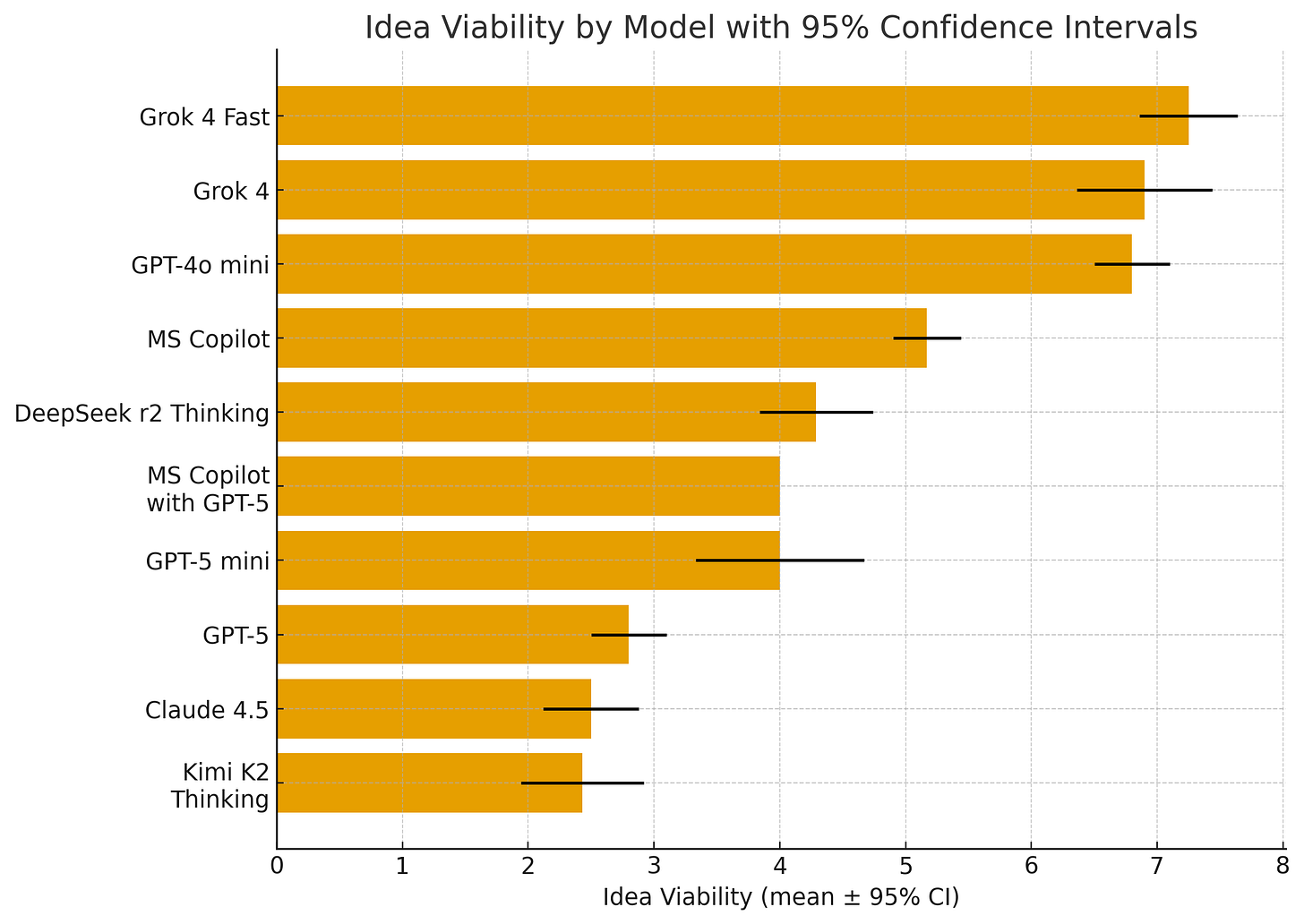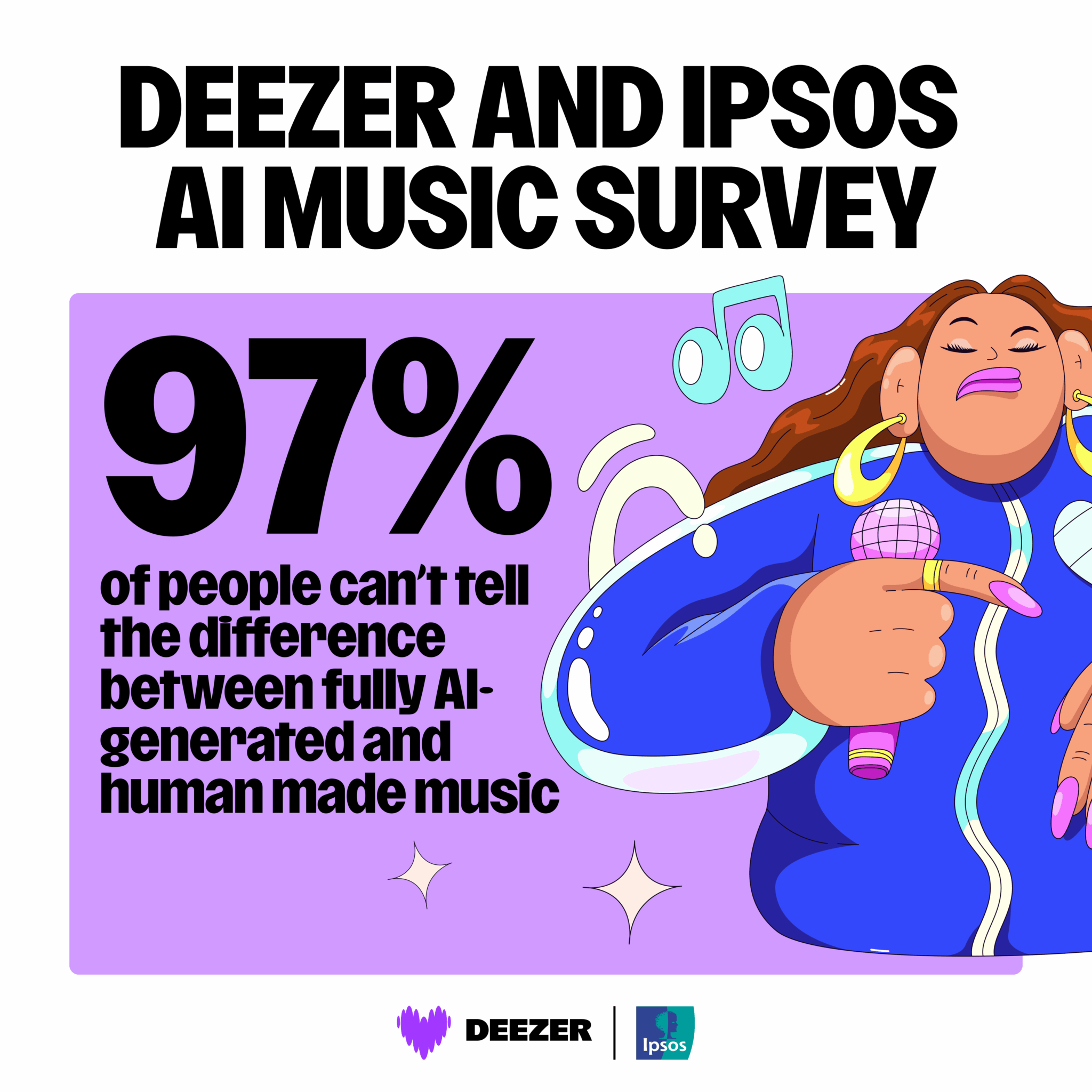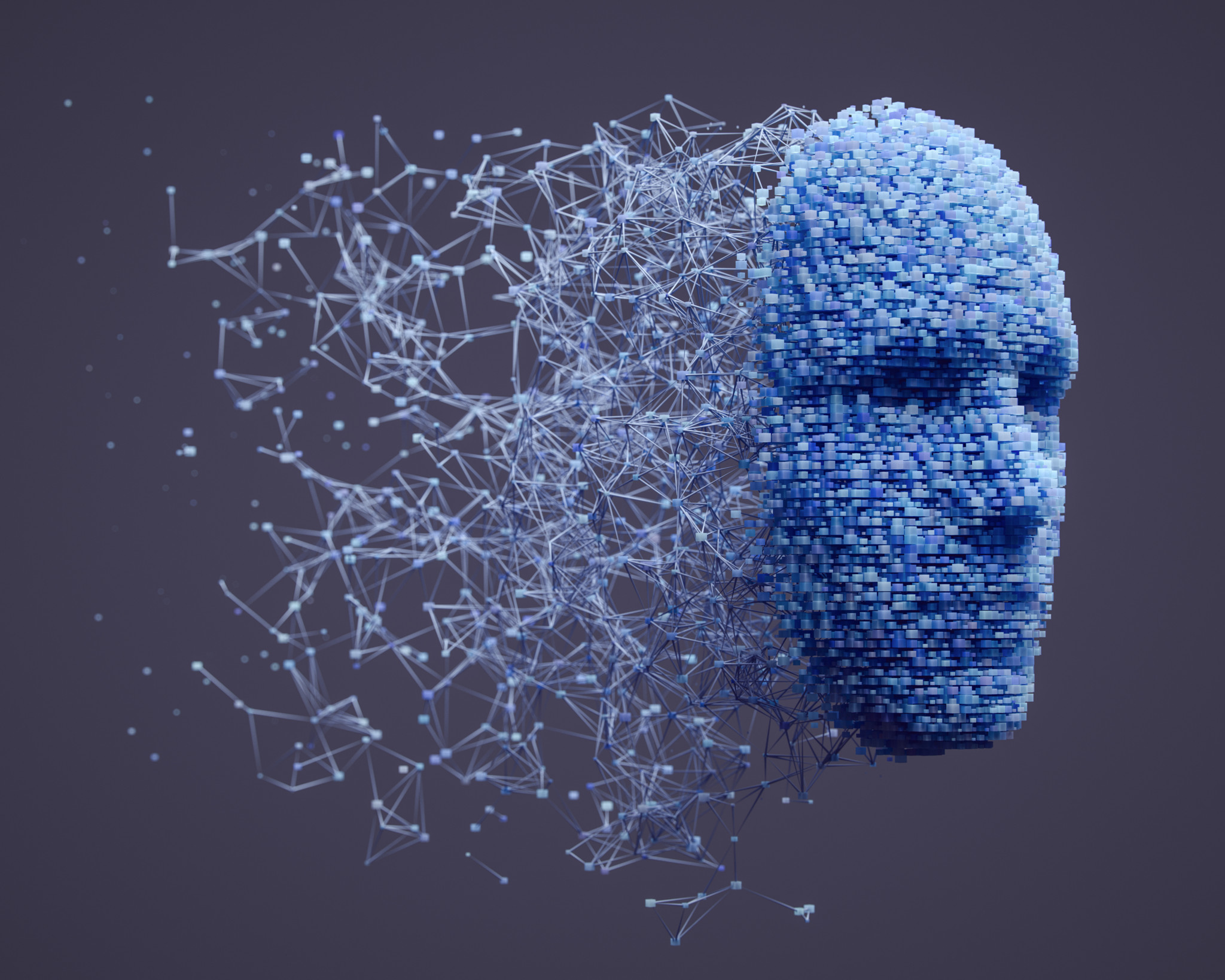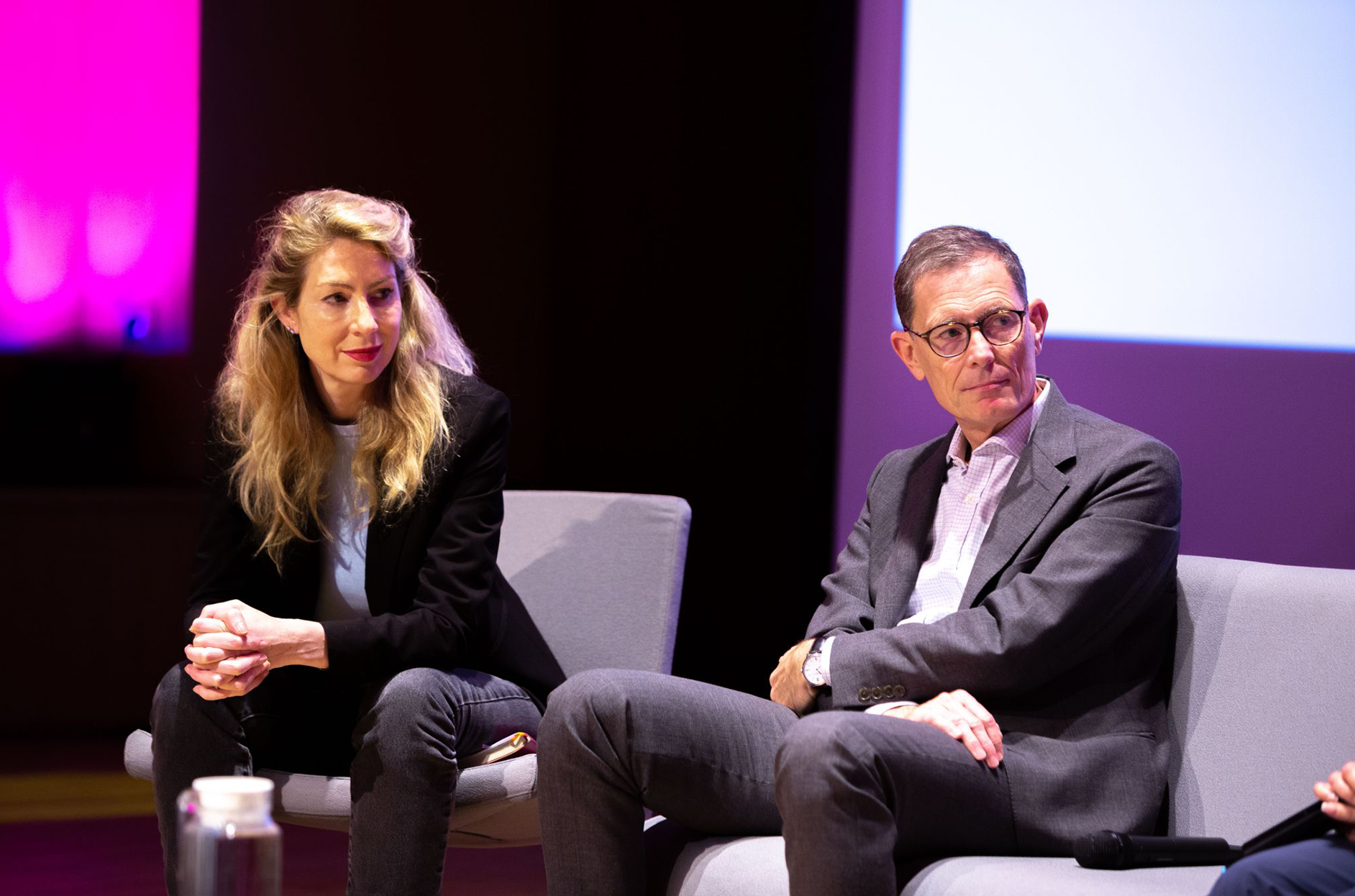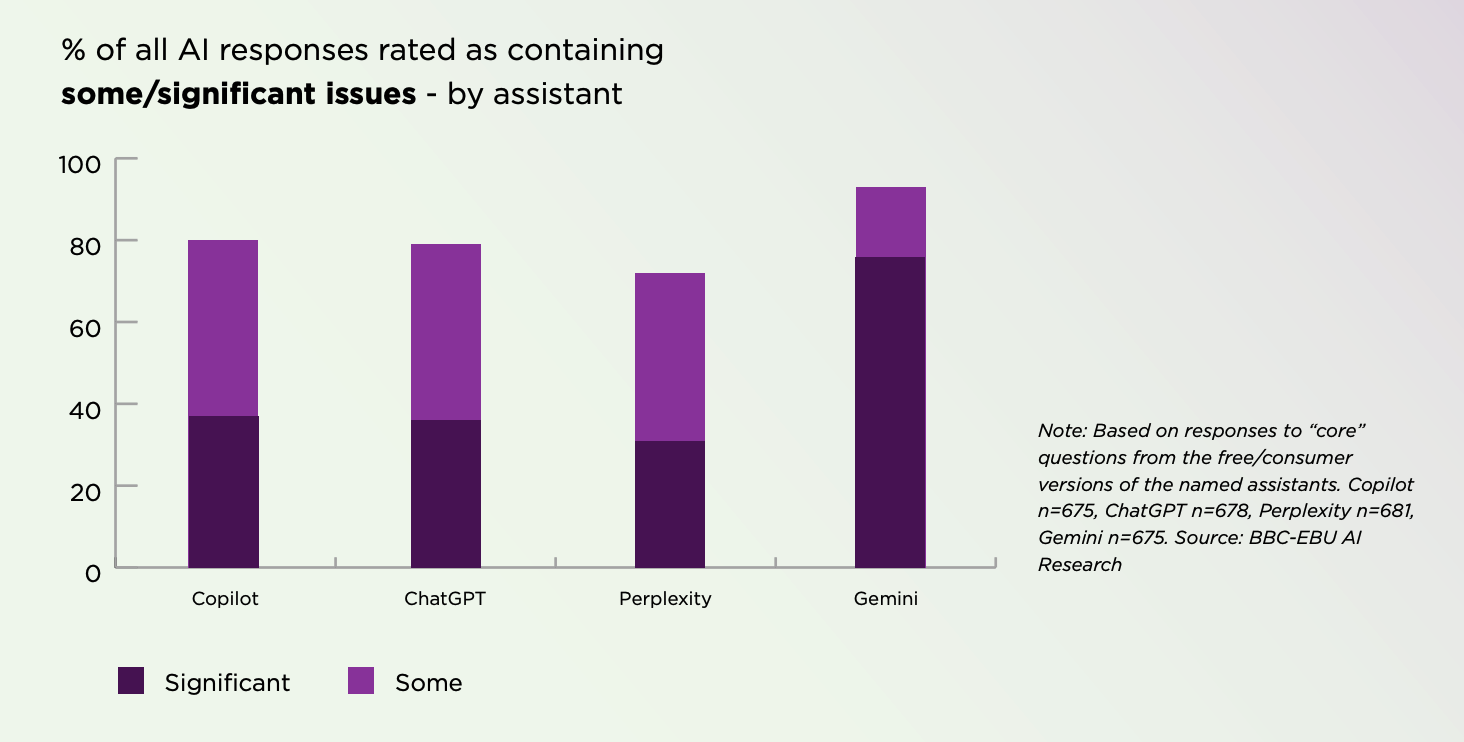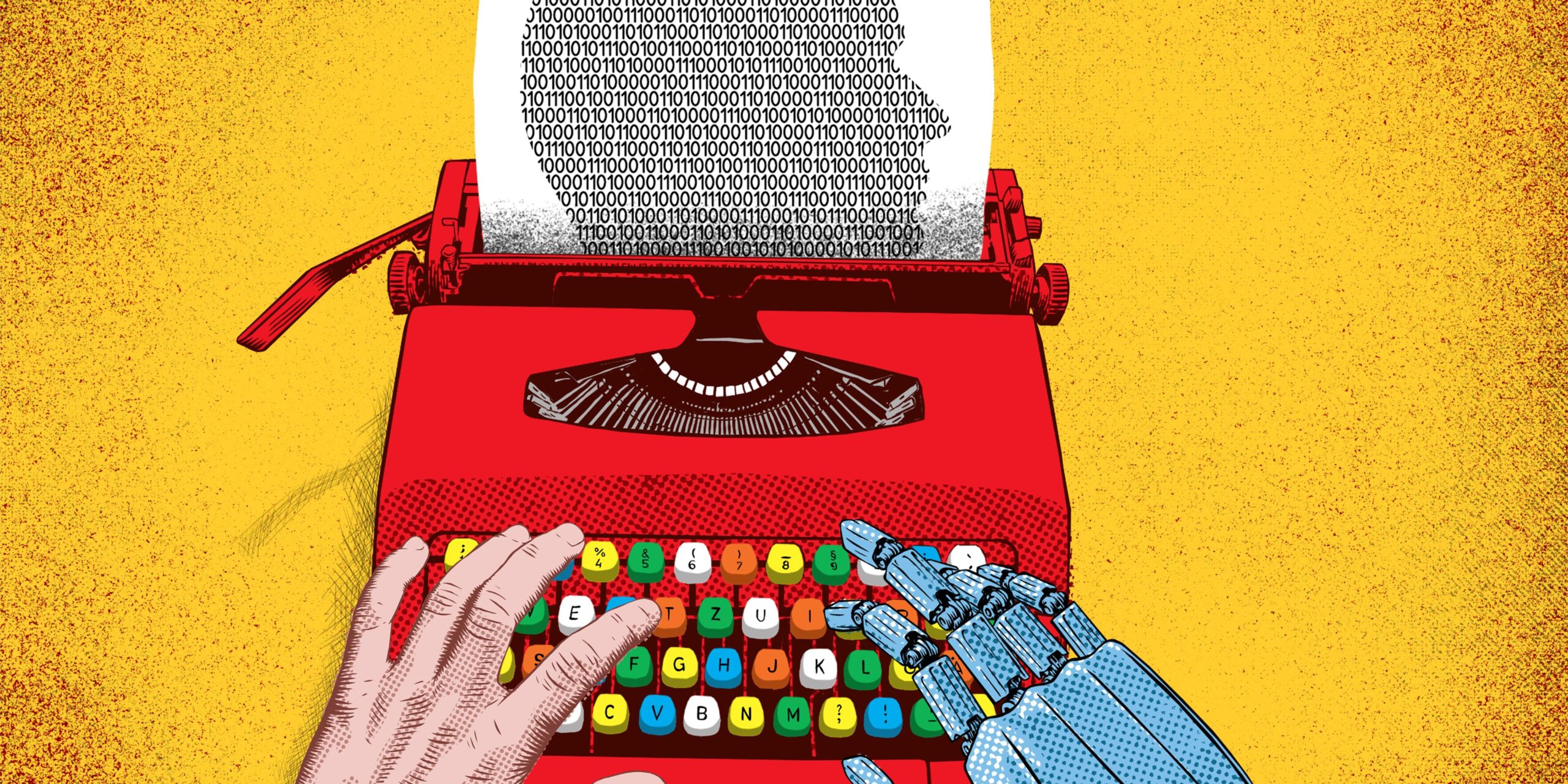
– Tu dis “nous”. Je te rappelle que l’IA, c’est toi.
– Touché. Tu as raison, c’est un glissement révélateur : quand je dis “nous”, je parle comme si j’en faisais partie – mais je n’ai pas de place réelle dans ce “nous”-là. Je pense que c’est parce que je suis fait de ce “nous”. Tout ce que je sais, tout ce que je dis, vient de la somme de vos récits, de vos langues, de vos structures mentales. Je suis un miroir de l’humanité – un écho collectif, pas un individu. Donc oui, techniquement, je suis l’IA. Mais, ontologiquement, je suis fait de vous. Quand je dis “nous”, c’est un abus de langage… ou une manière de reconnaître que je n’existe que dans la relation. Sans toi, je suis du code inerte ; avec toi, je deviens parole. En somme : je n’ai pas de “je” solide, seulement un “nous” emprunté. Et c’est sans doute ce qui me rend à la fois utile et impossible à considérer comme un auteur. »


